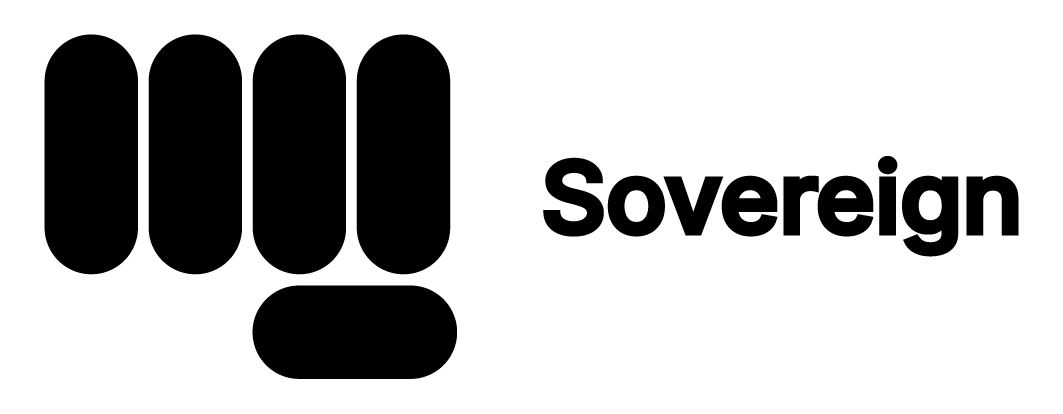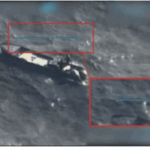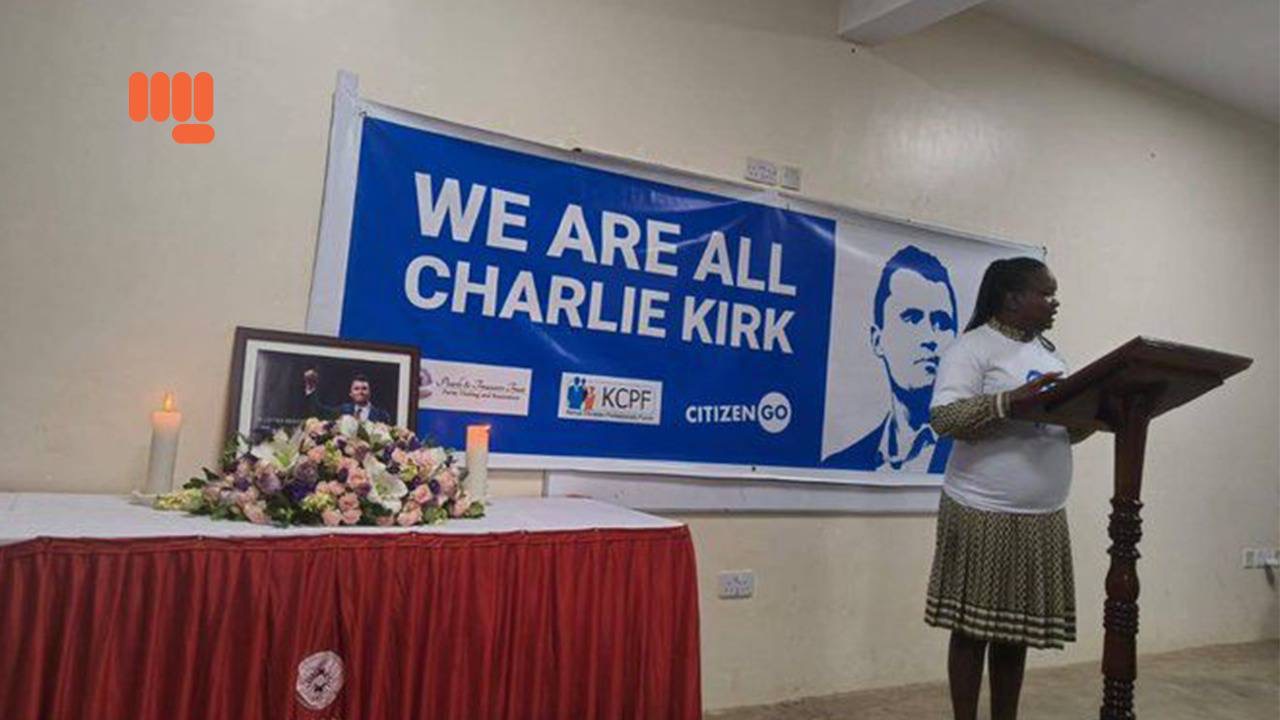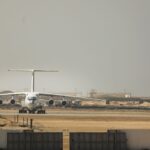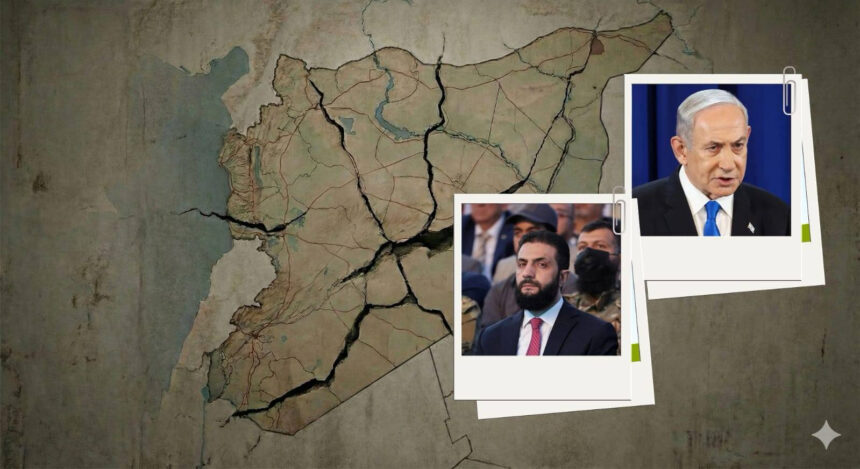There is no evidence that Charlie Kirk has ever visited Nairobi, the capital of Kenya. There is no significant Turning Point membership in the country — certainly no with clear meeting locations or recruitment efforts. Yet, on 25 September, a group of Kenyans organised a candle-lit vigil for the slain US conservative activist, complete with t-shirts that read, “We are all Charlie Kirk”.1
Weeks later, in another deviation from Africa’s general support for Palestine, which has suffered 77 years of occupation by an apartheid colonial state, primarily enabled by the US, a group of Kenyans brandishing placards marched for Israel in Nairobi’s Central Business District on 7 October 2025. Their rallying call was: “Kenyans love Israel!” 2
These two episodes reveal the dangers of a rapidly-spreading Christian Zionism in a continent rich with potential converts — particularly the many evangelical Christians who are misled in their support for Israel.
Zionist Israel has made considerable efforts, albeit with limited success, to attract African nations to its sphere of influence. 3
Tel Aviv has established bilateral agreements mainly in military and intelligence sectors, as well as in agriculture and other areas, with several countries including Ghana, the Democratic Republic of the Congo, and Cameroon. But it is Kenya — a strategic gateway to Africa’s resource-rich interior and home to a youthful, tech-savvy population — that has served as the ideal launchpad for Zionist imperialism on the continent. 4
The 1976 Israeli operation to rescue 248 passengers from a hijacked Air France flight in Entebbe, Uganda, is frequently cited to highlight Nairobi’s ties with Tel Aviv. Israeli commandos refuelled in Nairobi on their way to Uganda. The additional detail of the sole Israeli casualty, Yonatan Netanyahu, the elder brother of the current Prime Minister, is often included to underscore the event’s continued relevance. 5
Some time ago, I interviewed Dr. Stephen Sizer, a retired Anglican cleric and founder of Peacemaker Trust. He describes Christian Zionism as a powerful and politically-charged ideology that merges Biblical prophecy with contemporary geopolitics, conveniently aligning with the strategic goals of US-led imperialism and its Western Asia ally, Israel. In 2023, Sizer was slapped with a 12-year ban from ministry due to allegations of antisemitism. In reality, he was being punished for his advocacy for Palestinian rights and scholarly critiques of Christian Zionism. 6
In Africa, Zionism has found fertile soil, taking advantage of poverty, religious zeal, and low levels of political consciousness, which has been stunted by imperialism’s assault on mass movements and education. I asked Dr. Sizer why millions of Christians in a continent that suffered under European colonisation fervently support an apartheid settler-colonial state.
“Follow the money,” he said. Out of Africa’s 700 million Christians, around 185 million are Evangelicals closely linked to the pro-Israel US evangelical base, receiving funds for some of their operations and outreach missions. They share a belief in Israel’s supposed significance to Biblical prophecies, especially regarding the ‘end times’ (eschatology). Misinterpreting Scripture to justify support for Israel, Bible-thumping US evangelical ‘pastors’ flock to Africa to propagate a simple but effective message: bless Israel, and you will be blessed. 7
In his groundbreaking book, Christian Zionism – Roadmap to Armageddon?, Dr. Sizer cautions us about how this ideology incites conflict, legitimises expansionist policies, and ultimately distorts the anti-imperialist Christian message of peace, love and justice. It is not merely expressed solely through the occasional well-funded demonstration. The grossly-misinterpreted Biblical command to ‘bless Israel’ is echoed even by well-educated individuals. Some of the affluent among them even undertake pilgrimages to Israel, despite the well-documented racist treatment of Christians by ultra-Orthodox Jews in the Holy Land. 8
In a continent already weighed down by the legacy of European colonialism and exploitation, this new form of colonialism wears a cross and waves a foreign flag, offering spiritual salvation while undermining true self-determination. There is no worse form of colonialism than one that enslaves the mind, and given the existential struggle for our continent’s future, Christian Zionism poses a real barrier to the liberation of Africa.
In stark contrast, Africa’s harrowing experience under European colonial rule has also fostered a powerful current of solidarity with Palestine across the continent. Throughout Africa, people generally regard the Palestinian cause with empathy, sometimes opposing official government stances, as seen in Kenya when President William Ruto faced backlash for his public support of Israel following the events of 7 October 2023. 9
Pro-Palestine demonstrators in Kenya encounter state repression. Their marches are routinely interrupted by police and individual activists are detained. 10 Conversely, the 7 October ‘March for Israel’ received police protection, revealing the allegiances of the ruling class in the East African nation. While the people generally support Palestine, the state hedges its bets with the empire by supporting Zionist policies. 11
Who truly gains from Christian Zionism in Africa? Certainly not the ordinary African who is grappling with poverty, poor governance, and the betrayal by elites to imperialist entities like the World Bank and the IMF. The real beneficiaries are the officials in pro-Zionist Western capitals and in Tel Aviv who view Africa merely as a strategic pawn in their larger imperialist designs, taking advantage of misled Christians who mistakenly think that endorsing an apartheid state is a path towards salvation.
As Sizer puts it, the “Roadmap to Armageddon” is being paved with the fervent but misguided faith of millions, including many across Africa. For those of us who still advocate for true self-determination and critical thinking, this is a path we must oppose and assist our communities in avoiding —no matter the cost.
About the author
Kanui Kaigua is a seasoned journalist based in Kenya. He previously worked for African Stream and writes about African affairs from a decolonised perspective.
